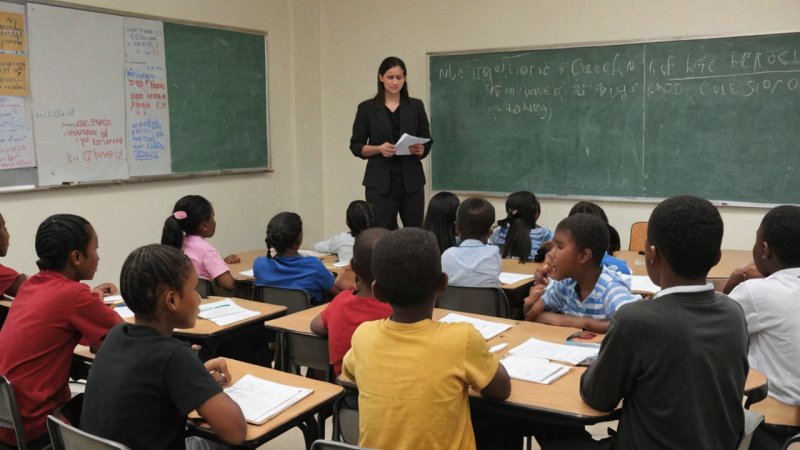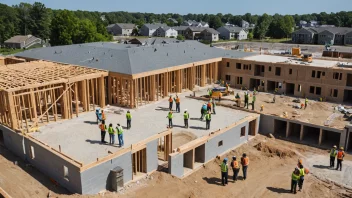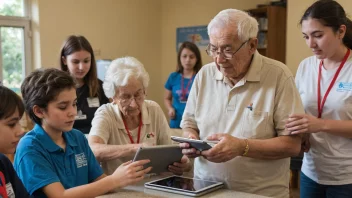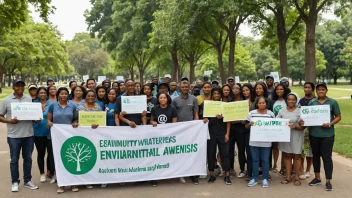Education is often hailed as a powerful tool for breaking the cycle of poverty. It equips individuals with the knowledge and skills necessary to improve their circumstances and contribute positively to their communities. The link between education and poverty alleviation is robust; educated individuals tend to have better job opportunities, higher earnings, and improved health outcomes. This article explores how education serves as a catalyst for poverty alleviation and the various initiatives that can enhance educational access for marginalized communities.
In many developing countries, access to quality education remains a significant challenge. Barriers such as financial constraints, insufficient infrastructure, and cultural attitudes toward education—particularly for girls—compromise the ability of individuals to pursue their educational aspirations. The United Nations Sustainable Development Goal 4 aims to ensure inclusive and equitable quality education and promote lifelong learning opportunities for all. Achieving this goal is pivotal in addressing poverty.
One of the most effective ways that education alleviates poverty is by increasing employability. Individuals with higher levels of education are more likely to secure stable jobs that offer livable wages. For example, vocational training programs have proven to be beneficial, equipping people with practical skills that are in demand within their local job markets. By investing in education, communities can create a skilled workforce that meets the needs of employers while providing individuals with the means to support themselves and their families.
Education also plays a vital role in promoting health awareness. Individuals who are educated are more likely to make informed decisions regarding their health, nutrition, and family planning. This is particularly important in impoverished communities where access to healthcare services may be limited. Educated individuals are better equipped to navigate health systems and advocate for their rights, leading to improved health outcomes.
Furthermore, education fosters critical thinking and civic engagement. When individuals are educated, they are more likely to participate in democratic processes and advocate for social justice. This can lead to systemic changes that address the root causes of poverty, such as discrimination and inequality. Community education initiatives that focus on leadership development empower individuals to take action and drive change within their communities.
To promote educational access, several organizations have developed innovative solutions. For instance, mobile education programs bring learning resources directly to remote areas, overcoming geographical barriers. Scholarships and mentorship programs are also essential in supporting underprivileged students, particularly girls, in pursuing their education.
In conclusion, education is a vital component of poverty alleviation. By breaking down barriers to access and enhancing educational quality, communities can empower individuals to improve their lives and contribute to societal progress. As advocates for social change, we must support initiatives that promote education and work towards creating inclusive systems that enable everyone to thrive. This commitment not only benefits individuals but also paves the way for a brighter, more equitable future for all.
Education: The Cornerstone of Poverty Alleviation
Education serves as a powerful tool for breaking the cycle of poverty, equipping individuals with essential skills and knowledge.






